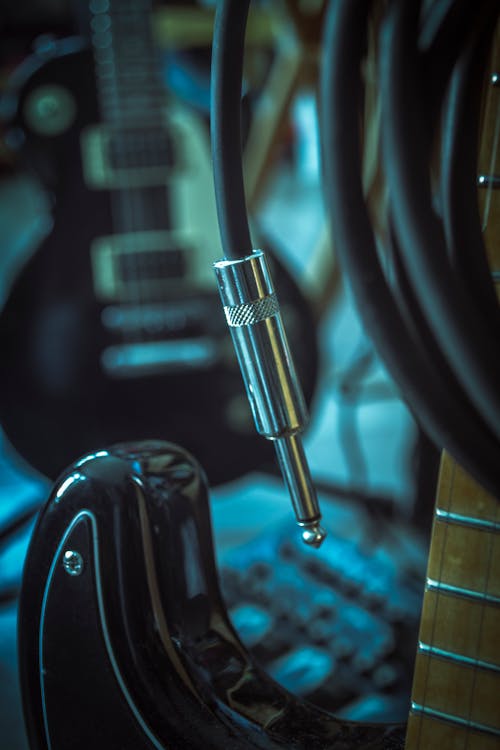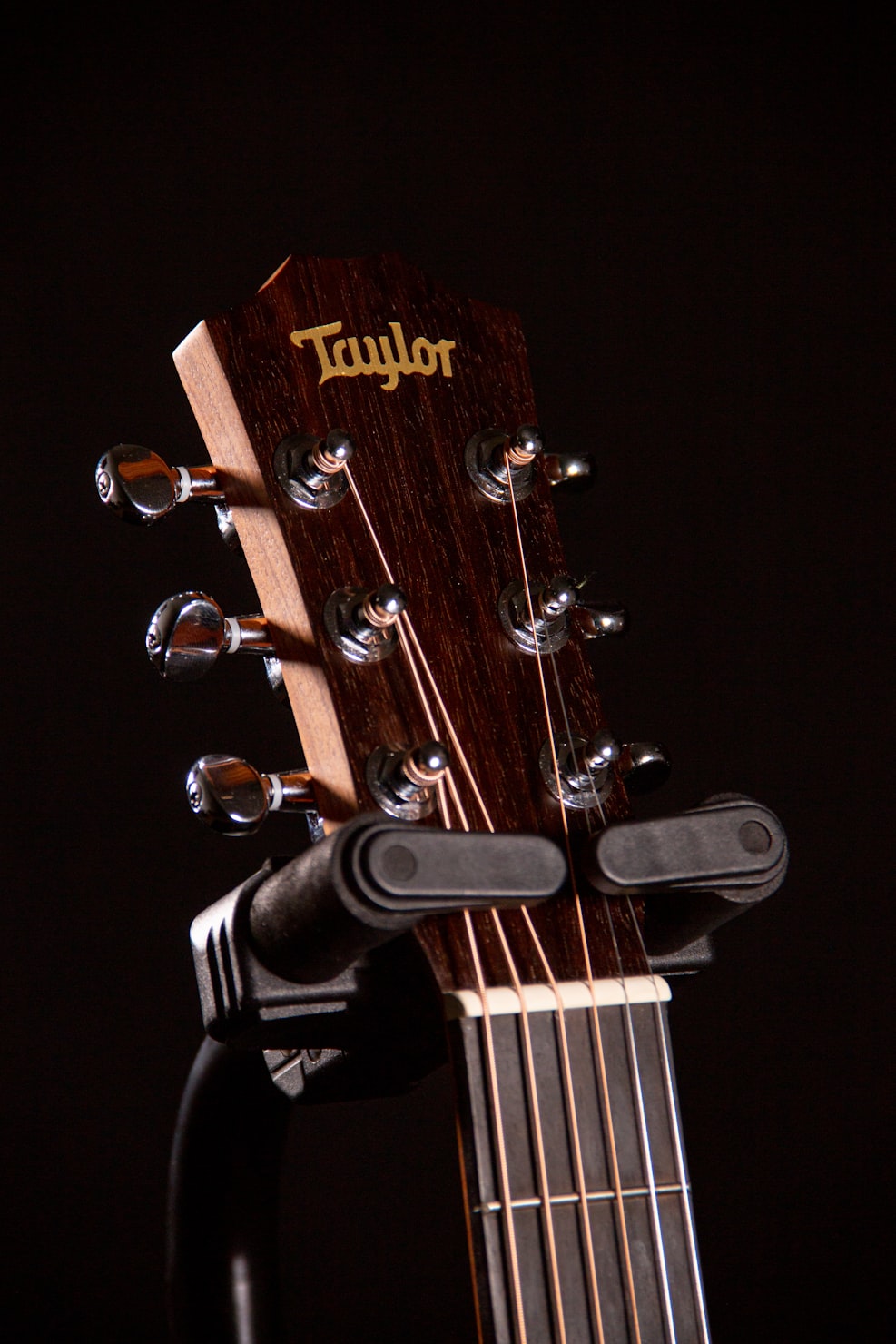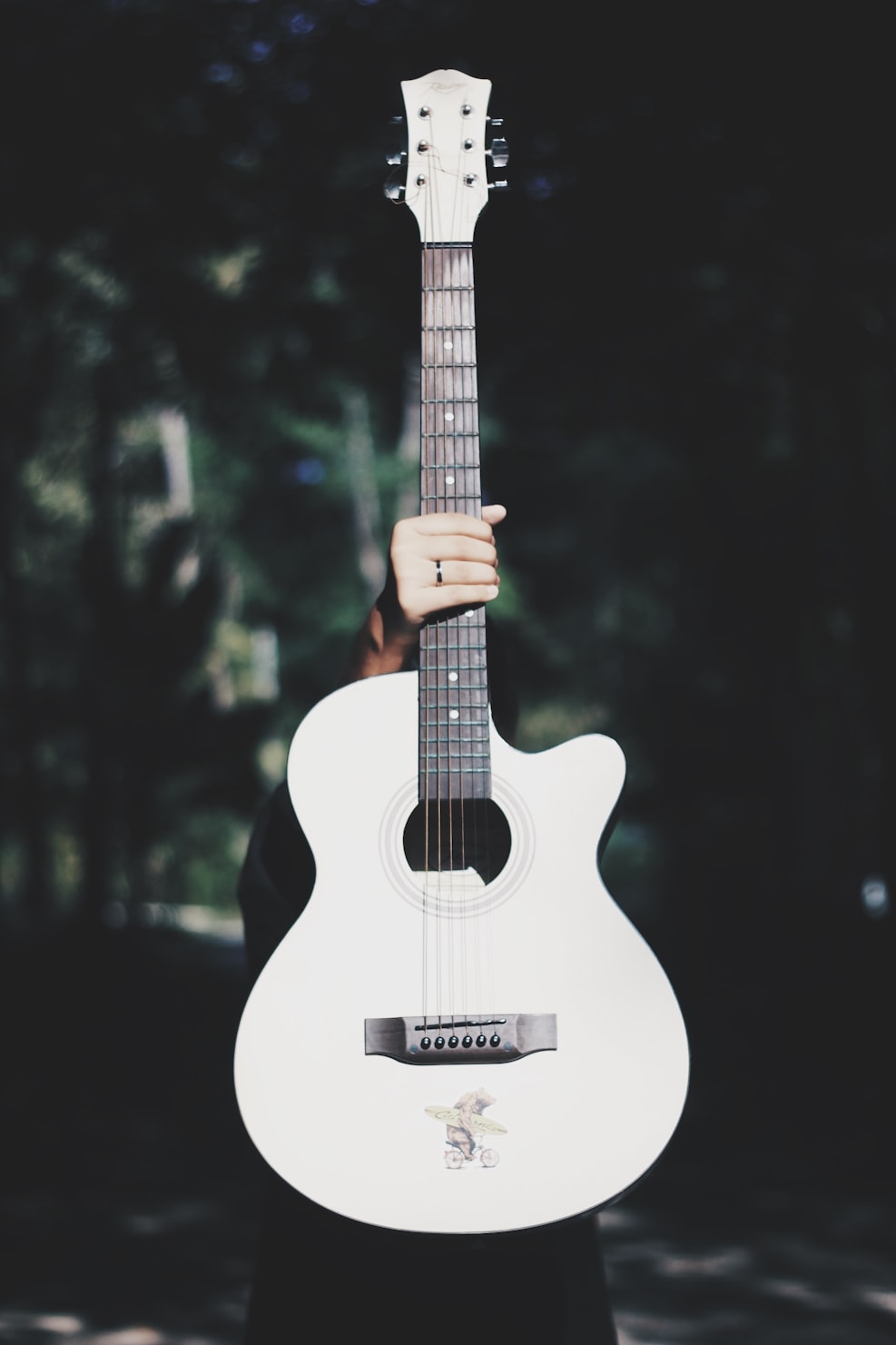The enchanting twang of an acoustic, the searing riffs of an electric – the allure of the guitar beckons countless aspiring musicians each year. But navigating the initial steps can feel like deciphering sheet music without knowing your notes.
Fear not, aspiring musician! This comprehensive guide will equip you with the knowledge and resources to embark on your musical journey with confidence.
Choosing Your First Guitar
Before venturing into the sonic wilderness, understanding the different guitar types and their characteristics is crucial. Here’s a breakdown:
Acoustic Guitars: Acoustic guitars for beginners produce natural, unplugged sound, perfect for learning basic chords and fingerpicking. Ideal for folk, country, and singer-songwriter styles.
Dreadnought: With its full-bodied sound and booming low-end, this classic workhorse is excellent for strumming chords and projecting your voice. Consider the Yamaha FG800, known for its affordability and warm tone.
Concert: Smaller and more comfortable than the dreadnought, this guitar is ideal for fingerpicking and delicate melodies. The Fender CD-60S offers a balanced tone and excellent playability for smaller hands.
Auditorium: This versatile option blends the projection of the dreadnought with the comfort of the concert. The Taylor GS Mini, a travel-sized gem, delivers surprising fullness and portability.
Electric Guitars: These require an amplifier for sound, offering diverse tonal possibilities through pickups and effects. Popular in rock, metal, blues, and funk
Guitar Selection Factors
Beyond type, several factors influence your choice:
Budget: Set a realistic budget, and don’t be afraid to start with affordable options. Quality isn’t always synonymous with price in the beginner range.
Comfort: The guitar should feel like an extension of yourself. Experiment with different sizes and neck shapes (C-shaped for faster playing, U-shaped for more comfort).
Sound: Explore guitars in your preferred style and choose tones that resonate with you. Research model-specific sounds online and in stores.
Personal Preference: Choose a guitar that inspires you aesthetically! You’re more likely to pick it up and play if you love its look and feel.

Popular Beginner Guitar Models to Choose From
Acoustic
Yamaha FG800: This dreadnought is a steal for beginners, offering comfortable playability, warm tone, and excellent projection. Spruce top and mahogany backwood provide a balanced sound, perfect for strumming and fingerpicking, making it one of the top acoustic guitars for beginners.
Fender CD-60S: Ideal for smaller hands, this concert guitar features a comfortable mahogany neck and a solid spruce top for bright, articulate tones. Great for learning chords and exploring fingerpicking styles.
Taylor GS Mini: This travel-sized wonder punches above its weight with surprisingly rich sound. The mahogany body and spruce top offer warmth and clarity, while the smaller size makes it ideal for practice on the go.
Epiphone DR-100: This affordable dreadnought from Gibson’s sister brand packs a punch with its spruce top and mahogany back and sides, delivering a warm, articulate tone. Its comfortable neck and solid construction make it a reliable companion for strumming and fingerpicking, making it one of the best acoustic guitars for beginners.
Orangewood Dana Electro: Looking for an acoustic-electric option? This stylish guitar features a solid spruce top, mahogany body, and onboard Fishman electronics, allowing you to plug in and amplify your sound. Its unique design and comfortable neck appeal to players seeking a modern aesthetic.
Martin LX1 Little Martin: Ideal for travel or smaller hands, this compact guitar from the legendary Martin brand retains the company’s renowned tonewood quality. The spruce top and mahogany back deliver a surprisingly rich sound, making it perfect for practice sessions on the go.
Electric
Squier Stratocaster: This iconic model reigns supreme as a beginner’s electric. Alder body and comfortable C-shaped maple neck provide smooth playability. Three single-coil pickups deliver classic Fender tones, perfect for clean strumming, bluesy leads, and even some light distortion to provide one of the best electric guitars under 500.
Yamaha Pacifica 112J: This versatile option features a mahogany body, bolt-on maple neck, and two humbucker pickups. Humbuckers offer thicker, warmer tones compared to single coils, ideal for heavier rock and blues styles. The Pacifica 112J provides excellent value for its price, being among the best electric guitars for beginners.
Ibanez GRG120DX: This metal machine boasts a fast-playing maple neck, mahogany body, and two high-output humbuckers. Perfect for shredding and exploring high-gain styles. The fixed bridge ensures tuning stability during aggressive playing. Ibanez is considered among the best electric guitar brands.
Epiphone Les Paul Special: Channel your inner Jimmy Page with this classic single-cut guitar. The mahogany body and P-90 pickups offer a unique bite and clarity, perfect for blues, rock, and even indie styles. Its affordable price tag makes it a great entry point into the Les Paul world.
Sterling by Music Man Bullet Mustang: This short-scale guitar is ideal for players with smaller hands or those seeking a comfortable, fast-playing instrument. The humbucker pickup provides a punchy, versatile tone that is great for rock, punk, and alternative music.
Gretsch G262T Streamliner Centerblock: Looking for a vintage vibe with modern playability? This semi-hollow guitar boasts a comfortable center block for enhanced sustain and feedback resistance. The Filter’Tron pickups deliver warm, jangly tones perfect for Americana, blues, and jazz.
The Importance of Guitar Lessons
While self-learning is commendable, investing in guitar lessons unlocks immense benefits that can accelerate your progress and enrich your musical experience. Consider these advantages:
Structured Learning: Thebest online guitar lessons for beginners provide a roadmap, ensuring you learn essential techniques in the correct order. This prevents bad habits and lays a solid foundation for future advancement. Imagine building a house – a good teacher equips you with the right tools and blueprints to avoid a flimsy shack and construct a sturdy musical mansion.
Personalized Guidance: A teacher tailors the instructions to your learning style and pace. They address your individual challenges, like fingerpicking struggles or fretting hand fatigue, helping you overcome obstacles and achieve your goals. This personalized approach is like having a personal trainer for your musical muscles, ensuring you develop at your optimal pace.
Motivation and Feedback: The best online acoustic guitar lessons keep you accountable and motivated. Skipping practice becomes less tempting when you know your teacher expects you to demonstrate your progress. Plus, constructive feedback helps you identify areas for improvement and celebrate your achievements. Consider it like having a supportive cheerleader and coach rolled into one, pushing you to new heights while celebrating your victories.
Genre Exploration: With a good teacher, you can delve into specific genres you’re passionate about. Want to shred like Van Halen? Your teacher can guide you through tapping techniques and pentatonic scales. Yearning to fingerpick like James Taylor? They’ll introduce you to fingerpicking patterns and arpeggios. This focused exploration allows you to develop the skills and knowledge specific to your musical aspirations.
If you’re looking for more information on all things guitar and accessories for guitar, String Savvy Blog is the resource to stay updated with.
The site has all the necessary information regarding essential guitar accessories, the best online guitar lessons and more. The experts on the platform focus on creating content that works for anyone learning to pick up the instrument or take their established skill to the next level. String Savvy Blog focuses on content that makes a difference.



